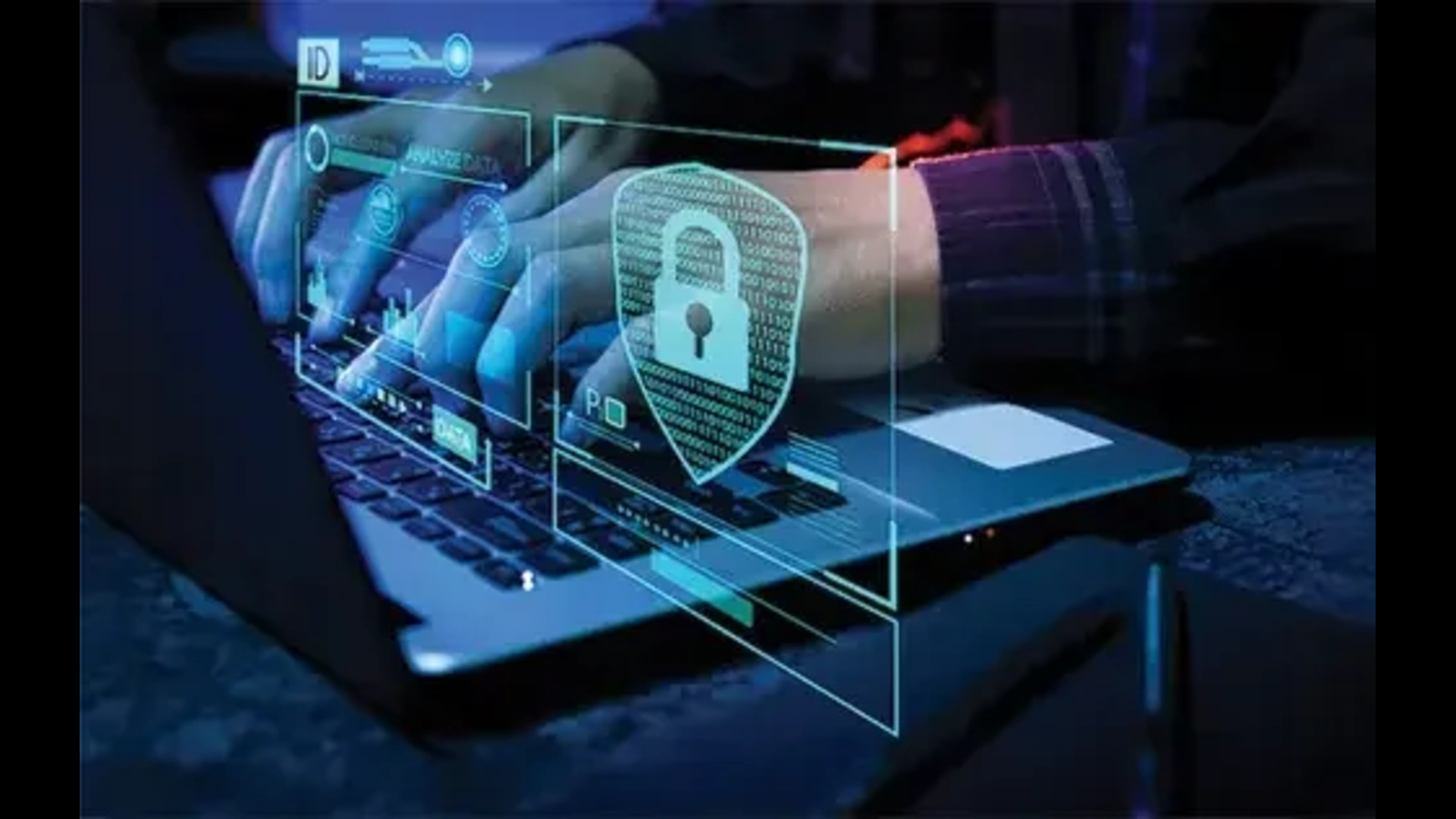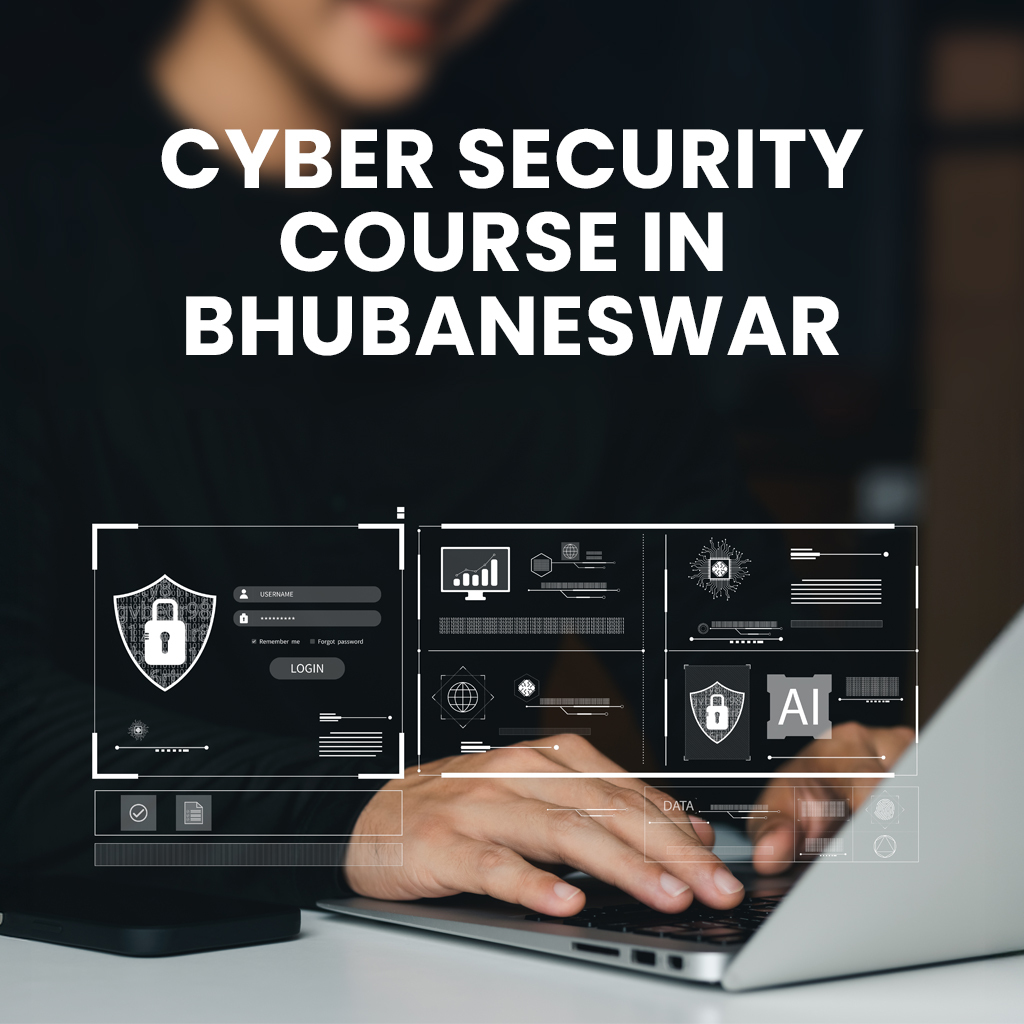Time Management Tips for Aspirants Pursuing Cyber Security Course in Bhubaneswar

Time is a limited resource, but it feels like we never have enough of it. Whether you are a student, a working professional, or an entrepreneur, time management can make a huge difference in productivity and stress. Good time management helps individuals to complete tasks efficiently, meet deadlines, and maintain a healthy work-life balance.
For those pursuing skill-based learning, like a cybersecurity course in Bhubaneswar, mastering time management is crucial. Juggling coursework, hands-on projects, and real-world applications requires discipline and a strategic approach to time utilization.
This blog explores time management tips that can help anyone, including those undergoing cybersecurity training in Bhubaneswar, to make the most of their time.
8 Time Management Tips for Success in Your Cyber Security Course in Bhubaneswar
Balancing your studies in a cybersecurity course in Bhubaneswar with other responsibilities is tough, but with the right time management strategies, you can stay on track and succeed.
1. Prioritize Tasks Based on Risk and Impact
Cybersecurity is all about risk management. Not every security incident requires immediate attention, and prioritizing tasks based on risk and impact ensures that critical threats are addressed first. You can prioritize your tasks efficiently by:
- Use the Eisenhower Matrix. Categorize tasks into urgent-important, important-not-urgent, urgent-not-important, and neither.
- Follow the 80/20 Rule (Pareto Principle). 80% of security risks often come from 20% of vulnerabilities—focus on those first.
- Implement SIEM tools to automate threat detection and prioritize high-risk alerts.
2. Use Time Blocking for Deep Work
Cybersecurity requires deep focus, whether you are analyzing network traffic, conducting penetration testing, or responding to incidents. Time blocking helps professionals to dedicate specific time slots to high-concentration tasks. The steps to implement time blocking are:
- Identify your peak productivity hours and schedule critical security tasks during that time.
- Set aside uninterrupted blocks of 60-90 minutes for deep work and then take short breaks.
- Use calendar apps or Pomodoro techniques to stay disciplined.
3. Stay Updated Without Wasting Time
Cybersecurity evolves rapidly, and staying updated is crucial. But consuming too much information can be overwhelming. Some of the smartest ways to stay updated include:
- Subscribe to cybersecurity newsletters (e.g., KrebsOnSecurity, Dark Reading).
- Follow industry forums and communities like OWASP, SANS, and the Cybersecurity & Infrastructure Security Agency (CISA).
- Spend 30 minutes daily to learn new cybersecurity trends or threats.
Enroll in structured learning programs like cybersecurity training in Bhubaneswar to stay ahead.
4. Master Task Delegation and Collaboration
Cybersecurity is a team effort. Delegating non-critical tasks to junior analysts or using Managed Security Services (MSSP) can free up time for high-priority work. In order to delegate your tasks, you should:
- Identify tasks that can be outsourced (e.g., basic log monitoring and compliance documentation).
- Use collaboration tools (e.g., Slack, Jira, Trello) for seamless communication.
- Implement Standard Operating Procedures (SOPs) for task handovers.
Delegation not only saves time but also boosts team efficiency.
5. Lessen Alert Fatigue with Smart Filtering
Security teams get thousands of alerts daily, and alert fatigue is a real issue. Smart filtering ensures only critical threats need immediate attention. The best practices for alert management are:
- Threshold-based alerts to eliminate noise.
- AI-driven threat detection to prioritize high-risk incidents.
- Fine-tune security rules and signatures to reduce false positives.
6. Take Breaks to Avoid Burnout
Cybersecurity professionals work long hours and get stressed and fatigued. Short breaks help with focus and productivity.
- 90/20 Rule: Work for 90 minutes and then take a 20-minute break.
- Physical activities like stretching or short walks.
- Mindfulness or deep breathing exercises can reduce stress.
Taking breaks is key to sustainable productivity.
7. Learn to Say No
Time is precious, and overcommitting leads to stress and inefficiency.
- Politely decline tasks that don’t align with your priorities.
- Set boundaries for personal and professional obligations.
If you’re balancing coursework with other responsibilities, prioritizing cybersecurity training over non-essential activities will give better learning outcomes.
8. Review and Improve Your Time Management Strategy
Periodically review your time management habits to identify areas of improvement.
- At the end of each week, reflect on what worked and what didn’t.
- Adjust your schedule and techniques.
- Seek feedback from peers or mentors.
This will ensure continuous improvement and maximum efficiency

Boost Your Cybersecurity Skills with SkillSpark
Why SkillSpark?
- Industry-relevant curriculum aligned to current cybersecurity trends.
- Hands-on projects that simulate real-world cyber threats.
- Live mentorship sessions with experienced professionals.
- AI-based personalized learning for a customized study experience.
- Company-specific interview prep to enhance job placement opportunities.
Course Modules:
- Ethical hacking, penetration testing, and threat detection
- Network security, firewalls, VPN, and IDS systems
- Cryptography, encryption methods, and authentication techniques
- Cloud security and application security best practices
Be you are a beginner or an IT professional looking to upskill, this course will give you a solid foundation in cybersecurity and time management skills.
Conclusion
Time management is a skill that can boost productivity, reduce stress, and improve overall performance. By setting goals, eliminating distractions, using technology, and continuously optimizing your schedule, you can make the most of your time.
For students and professionals, especially those taking a cybersecurity course in Bhubaneswar, mastering time management will help them balance their learning with other commitments. Start implementing these today and see the magic happen!
Frequently Asked Questions (FAQs)
Absolutely! The course covers cybersecurity fundamentals before advancing to complex topics like penetration testing and cryptography.
Yes. The course includes practical exercises on tools such as Kali Linux, Metasploit, and Wireshark to ensure real-world application.
Yes, the curriculum includes ethical hacking techniques, vulnerability scanning, and penetration testing with Metasploit and Burp Suite.
Projects include penetration testing, network traffic analysis, malware detection, and cloud security implementation.
Basic knowledge of Python or scripting can be helpful, but is not mandatory. The course covers essential cybersecurity concepts without requiring extensive coding skills.






